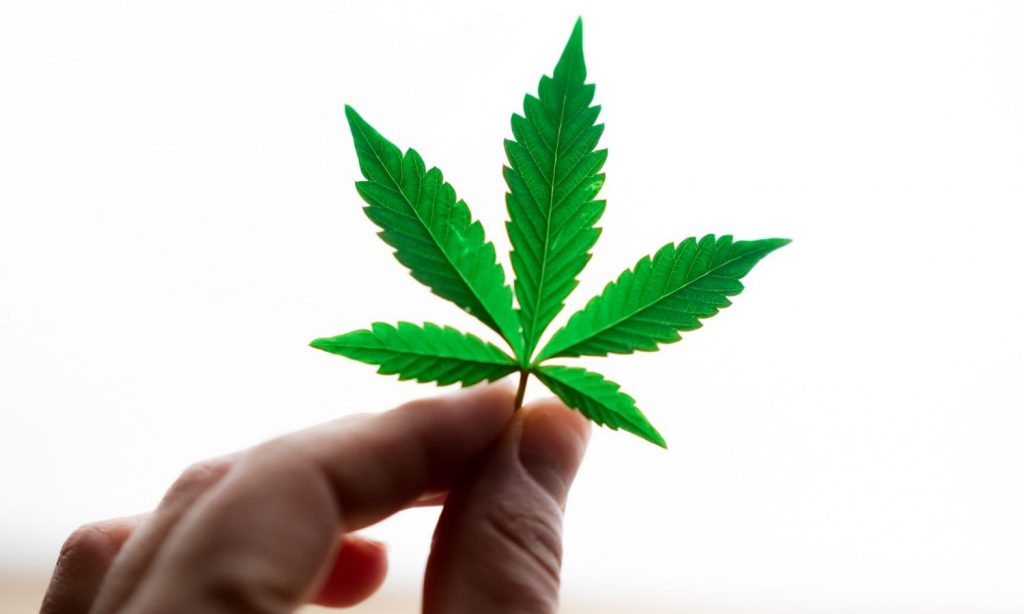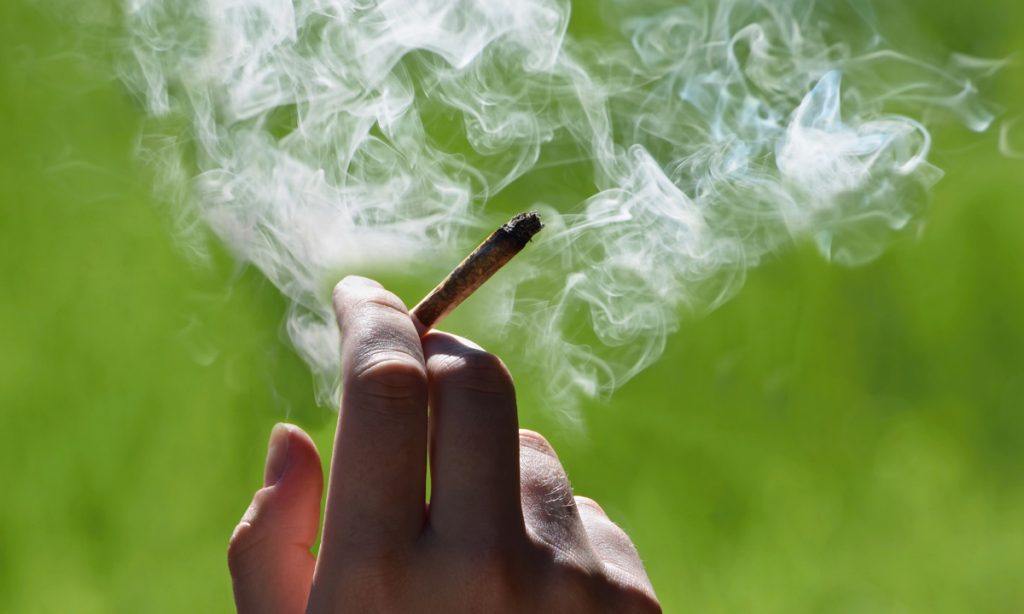As Judge Richard A. Licht (quoting a slightly more famous source) said in a 2017 court opinion: “I get high with a little help from my friends.” Four years later, employers may be asking themselves which of their employees are getting high and what can they do about it.
States have been busy when it comes to marijuana laws. Before the mid-2010s, employers tended not to worry about state marijuana laws because of marijuana’s illegal status under federal law. However, those days are over, and state marijuana legalization laws continue to affect how employers can run their workplaces.
In 2020, and even as state legislatures were unable to proceed with typical legislative sessions due to the COVID-19 pandemic, two states (Mississippi and South Dakota) approved voter ballot initiatives legalizing medical marijuana and four states (Arizona, Montana, New Jersey, and South Dakota) legalized recreational marijuana. Already in 2021, New Mexico, New York, and Virginia have passed laws legalizing recreational marijuana, and other state legislatures are still considering medical or recreational marijuana legalization laws or amendments to existing laws to create employment protections or otherwise expand the coverage of existing laws. These include Alabama, California, Connecticut, District of Columbia, Florida, Hawaii, Kansas, Louisiana, Maryland, Massachusetts, Minnesota, North Carolina, Oklahoma, Rhode Island, South Carolina, Tennessee, and Texas.
Even employers in jurisdictions that haven’t yet legalized marijuana for any purpose, should take note that change is likely coming. If a state has legalized marijuana but maintained an employer-friendly landscape, that could also change. For many states, the legalization of marijuana has followed a predictable timeline. First, these states legalize cannabidiol (CBD) and other low- tetrahydrocannabinol (THC) products. Then, they legalize medical marijuana, sometimes with employment protections for medical marijuana cardholders and sometimes not. Then, they amend existing medical marijuana laws to add employment protections. Finally, they legalize recreational marijuana. Perhaps most worrisome for employers are new provisions in New Jersey’s and New York’s laws that provide recreational marijuana users with direct or indirect employment protections.
As this trend continues, it will be challenging for employers to stay ahead of developments and compliant with state and federal laws. Employers may have employment-related concerns stemming from the legalization of marijuana and the possibility of employees being in the workplace while under the influence. These concerns extend beyond the nuances of the marijuana laws themselves and include disability discrimination and accommodation issues, drug testing rights and responsibilities, state and federal statutory and regulatory compliance matters, workplace safety questions, varied obligations pertaining to government contractors, workers’ compensation implications, employee privacy protections, and more. The differences in laws from state to state make it even more difficult for employers, which must develop policies and procedures that are compliant in each jurisdiction where they have employees and worksites. To further complicate matters, federal and state disability discrimination and accommodation requirements apply across the board.




